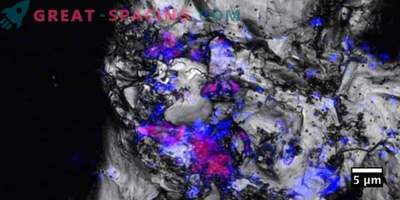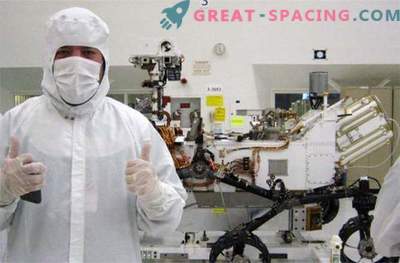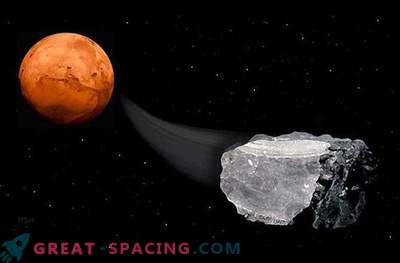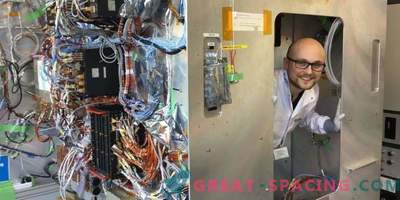
Each building begins with a solid foundation - pouring concrete into a hole and building a structure on top of it. Researchers believe that buildings on Mars will not follow the usual formula. Instead, they plan to use colonies of genetically engineered bacteria, which will actually become Martian architects.
This idea is being developed by Martin Dade-Robertson, a professor of architectural design at Newcastle University. His concept seems a little crazy, but it can solve many problems. He believes that people have always tried to master the building genius of bacteria. For example, dental plaque on the teeth is a structure created by bacteria and characterized by high strength.
The youngest fossils of the Earth are constructions created by microbial colonies of stromalotites. Even modern construction methods are based on the work of simpler organisms: cement is extracted from calcium carbonate produced by living things, like corals and mollusks. In fact, our entire civilization is built on the fossils of sea creatures. Why not remove the middlemen? After all, you can inject bacteria directly into the soil and force them to transform it into a kind of concrete. The scientist believes that this is possible. Dade Robertson says:
“There are a number of genes (more than 100) whose regulation changes as they are under pressure. These genes are controlled by special switches. If these switches are found, then bacteria can be manipulated, forming, for example, calcium carbonate. ”
This is not science fiction. The company BioMason is already engaged in the production of bricks, which are provided by bacteria. The process does not produce carbon dioxide emissions, which saves energy. Another group from the University of Newcastle developed BacillaFilla, a strain of bacteria capable of living in a dormant state in concrete. But, as soon as a crack arises in the structure, the bacteria awaken and rebuild.
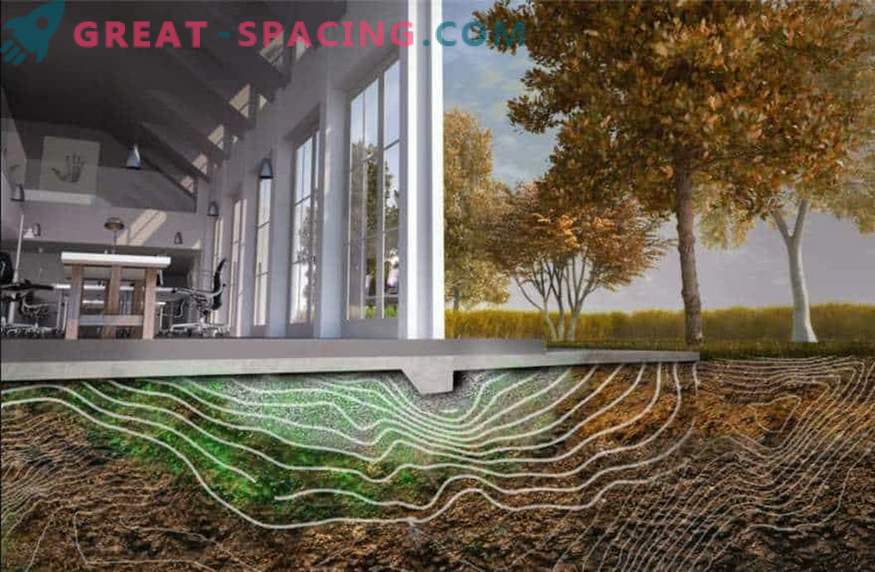
Bacteria in the soil react to pressure, due to which the foundation is restored by itself
Researchers believe that such technologies on Mars will be the only option to create a sustainable colony. It will be extremely expensive to deliver building materials to the Red Planet ($ 50,000 per pound). However, the bacteria are light and, under properly selected environmental conditions, they will become the developers of the new world. Dade-Robertson admits that his bioengineering ideas are still far from reality. There are technical problems that need to be addressed. For example, its tested bacteria are not suitable for the soil environment, so they will have to be replaced.
Of course, there will also be political, legal and ethical complications. Do people need genetically engineered microorganisms in their environment? Will governments make the necessary laws? At least it is now forbidden to sow Mars with forms of earthly life.
Perhaps in 20 years we will see a functioning form of bioengineering foundations on Mars. They will not only save energy, but could be carbon negative. Dade-Robertson says that this technology will expand colonization opportunities and motivates people to look for new options.

